Hans Gál: Music for Cello
The Vienna-born Hans Gál (1890–1987) settled in Edinburgh after fleeing from the Nazis in 1938 and became a much-loved figure in his adoptive town. But he never lost his Viennese fondness for melody, as these three works demonstrate – the Sonata with piano composed in 1953 and the two works for solo cello in 1982, when he was 92, almost the last music he wrote.
Alfia Nakipbekova, cello
Jakob Fichert, piano
Listen To This Recording:
-
Sonata for Violoncello Solo, Op. 109a (1982)
- I. Andante. Allegro commodo
- II. Quasi minuetto lento
- III. Vivace
- I. Introduzione and Fughetta
- II. Alla Marcia
- III. Cavatina
- IV. Rondino
- I. Moderato ma agitato
- II. Poco vivace
- III. Adagio. Allegro energico
Suite for Violoncello Solo, Op. 109b (1982)
Sonata for Violincello and Pianoforte, Op. 89 (1953)
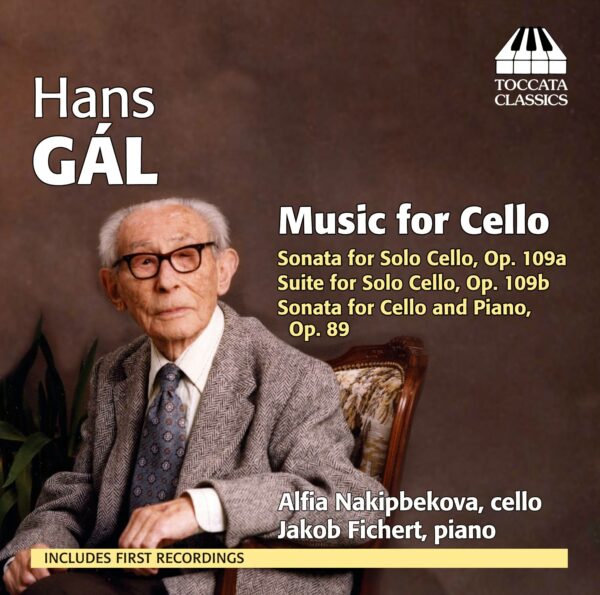
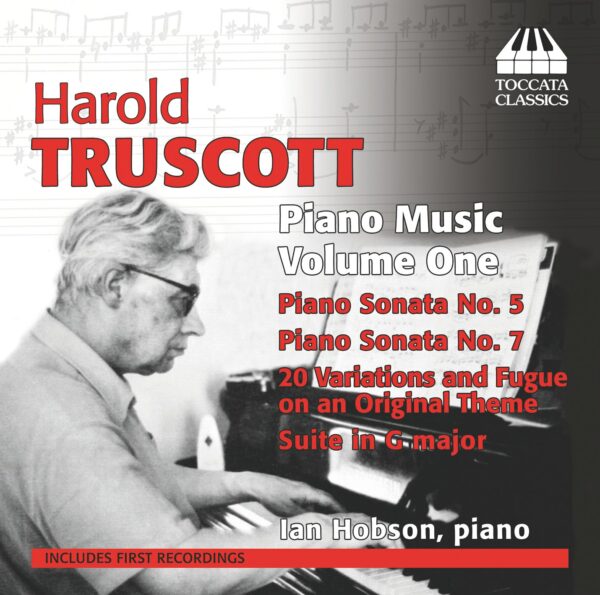
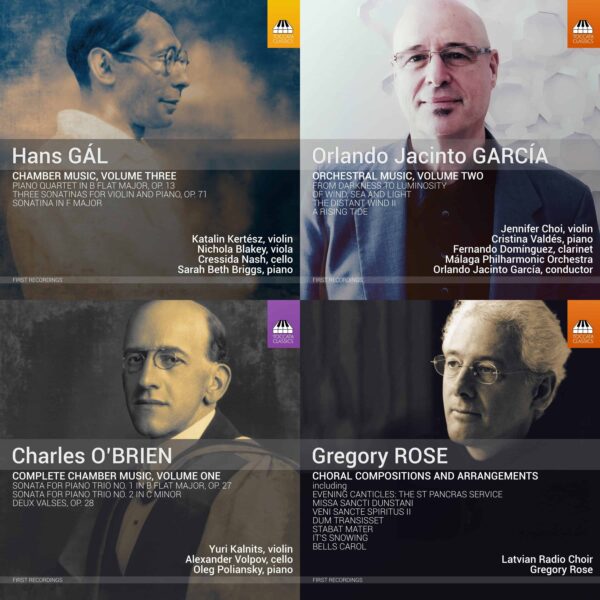
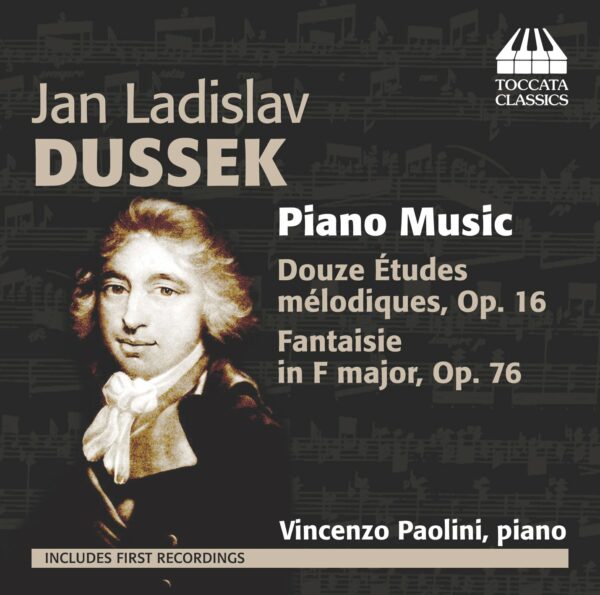
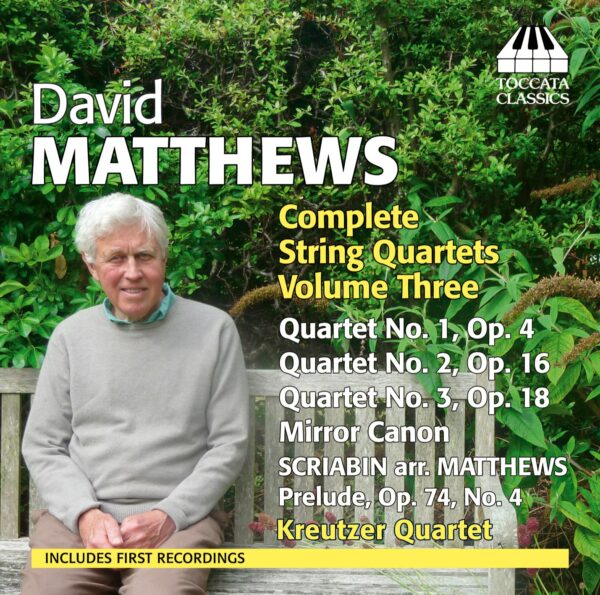
Fanfare Magazine :
‘While Gál’s works are melodic, they are not in a 19th century style; he found his own unique voice and wrote in a style that now seems to be in line with the work of 21st-century melodists. … Nakipbekova and Fichert are a most accomplished duo and their playing is recorded in clear and present sound.’
—Maria Nockin, Fanfare Magazine
MusicWeb International :
‘They are recorded here for the first time and what extraordinary works they are too. Such profound and passionately expressed contemporary works for solo cello are rare enough; when they are as gorgeously written as these are it is as if one has discovered a crock of gold. Add to that the incredibly perceptive and sensitive playing by Alfia Nakipbekova, coupled with the intelligent interpretation by pianist Jakob Fichert in the Sonata for violoncello and Pianoforte, and you have a disc to cherish which demands frequent replaying and I’m certain it will never be far from my CD player. Both works demonstrate how much fondness Gál had for the cello as well as a thorough understanding of its tonal colours, its range and abilities all of which he fully exploits. The disc is a winning combination of brilliantly written works of great skill, full of ravishingly attractive tunes and two committed musicians whose respect for the music shines through every note. Alfia Nakipbekova is one of the Bekova sisters whose trio has rightly been making waves for many years, and whose cello playing is often revelatory, while Jakob Fichert is a truly fine pianist who is a perfect partner here. A fabulous disc of marvellous music intelligently and beautifully interpreted.’
—Steve Arloff, MusicWeb International
MusicWeb International :
‘Its [Op.109a] first movement moves through motifs and themes with great fluidity but technical control, uncovering and exploring some rather memorable melodic lines. There’s pawkiness in the central minuet with an emphatic bass drone effect, and the finale is an exciting, rather Hungarian-influenced affair. Its opus companion is in four movements this time. Highlights include a strongly characterised march second movement, with a ration of humour, and the way Gal evokes Bach in the Cavatina with such elegance. Not the least treasurable parts of this sonata, which is a touch more varied than the Op.109a (though it’s not necessarily the better work), is the neatly angular gigue finale. The Cello Sonata [Op.89]… carries with it a certain nostalgic charge, its fugal feints and lyricism part of a classical, Viennese lineage. Amidst the lyrical moments there are suggestions of unease, though these are put out of mind by the delightful chase-tag of the central scherzo-like movement. There’s a brief Adagio introduction to the finale proper, which brings out Gal’s freewheeling side. The nimble and authoritative performers in Toccata’s disc are Alfia Nakipbekova, the second half of whose surname will alert one to the fact that she was cellist in The Bekova Trio. She plays with warm tone, controlled vibrato and eloquent musicianship. Jakob Fichert is the admirable pianist, responding to the Sonata’s twists and turns with a keen ear for balance and texture. The recording (two locations) and documentation, as so often with this label, are admirable.’
—Jonathan Woolf, MusicWeb International
MusicWeb International :
‘Like the symphonies, Gál’s chamber music is superbly melodious, elegantly lush and unashamedly retrospective. … The earliest work in Alfia Nakipbekova’s thoroughly impressive recital for Toccata, the Sonata for cello and piano, is itself a gorgeous piece of nostalgia, oozing quasi-Brahmsian late-Romantic lyricism and charm. … Gál’s only two works for solo cello have a special poignancy: not only did he write them at the astonishing age of 92, but they were among his very last works. He shunned modernism though, and so the dates are fairly immaterial – these are more Bach than Britten, let alone Berio. … Toccata’s booklets are generally exemplary, and this one is no different. The notes by the ever-dependable Malcolm MacDonald are detailed, lucid and interesting.’
—Byzantion, MusicWeb International
Quarterly Review :
‘[….] here is the 20th century’s Brahms. Gál was a late romantic and remained one, long after the world of Brahms, Bruckner, Mahler and Strauss had gone forever. […] Fortunately, those who love great music of whatever genre or period (and there is no reason, as Gál proves, why our time should not fine a place for melody and the romantic spirit) Toccata’s finely-recorded collection of chamber works provide a treasury of interest and delight. Laced with melody and introspection are the unaccompanied Cello Sonata and Cello Suite, both from 1982, and the sturdy, Brahmsian utterances of the Sonata for Violoncello and Pianoforte of 1953. Alfia Nakipbekova produces a fine, autumnal, ‘dark brown’ tone, and her accompanist (in the sonata), Jakob Fichert, responds with strength and vigour in the arresting opening of the first movement, Moderato ma agitato. Altogether, there are 64 minutes of music: plenty of time in which to savour musicianship of the highest quality. A true discovery, and a window into the life of a remarkable, almost unknown composer.’
—Stuart Millson, Quarterly Review Summer 2012